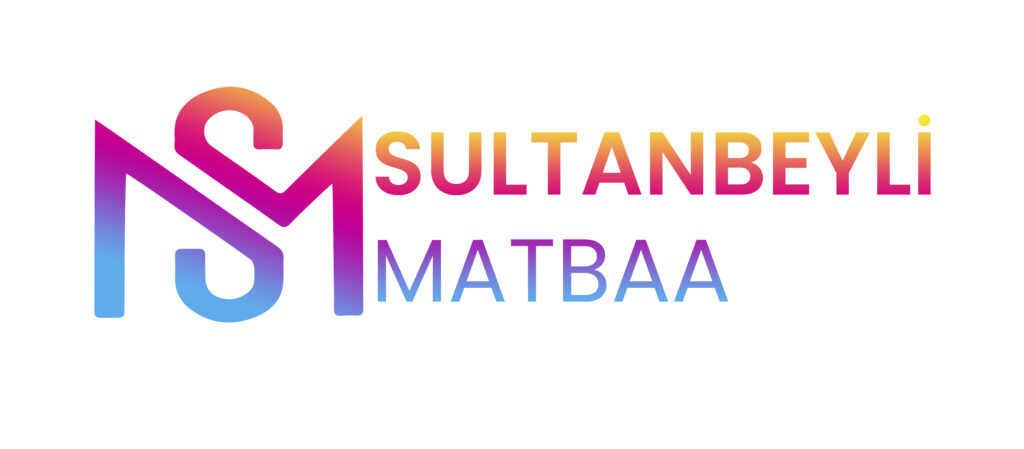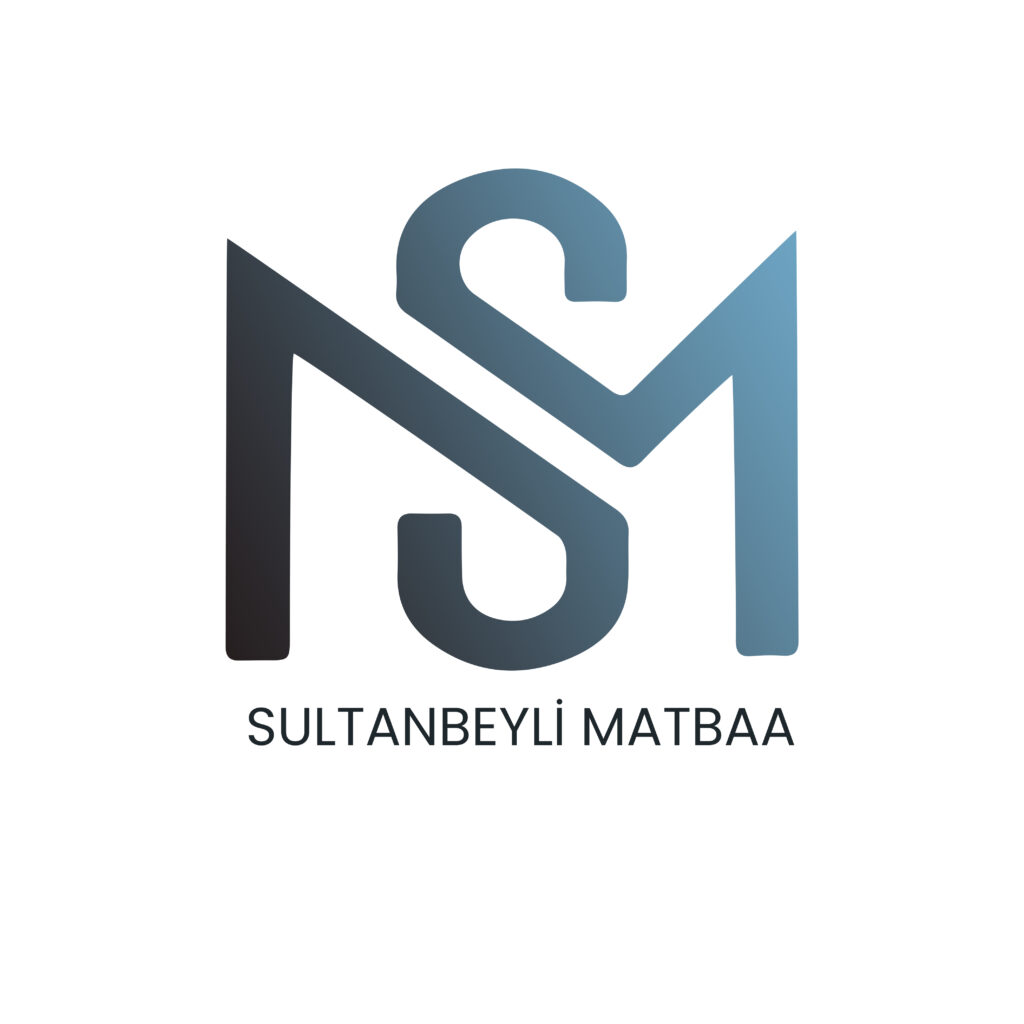In the ever-evolving world of education, where details streams generously and accessibility to knowledge is just a click away, student-driven encyclopedias are emerging as a dynamic device in the discovering procedure.

These platforms not just provide pupils with a repository of info yet also motivate them to contribute, modify, and curate web content, fostering a collaborative and interactive understanding atmosphere.
As educational standards shift towards even more participatory and inclusive versions, the principle of student-driven encyclopedias embodies this makeover. These systems empower trainees to end up being energetic individuals in expertise production, bridging the gap between conventional book understanding and contemporary digital sources.
The Principle of Student-Driven Encyclopedias
Student-driven encyclopedias are digital systems where pupils collectively gather, validate, and disseminate information on a large range of topics. Unlike conventional encyclopedias, which are often written by professionals, these platforms utilize the collective initiatives of students to create a thorough body of knowledge.
At their core, student-driven encyclopedias are made to grow crucial reasoning, study skills, and electronic proficiency among students. By participating in the process of content development, students find out to navigate and review information critically, abilities that are crucial in today’s information-rich culture.
In addition, these systems function as a room for students to explore their rate of interests and share their knowledge. This autonomous strategy to knowledge creation guarantees that a diverse variety of perspectives and voices are stood for, improving the discovering experience for all participants.
- Pupils obtain hands-on experience in research and content development.
- Encourages collaboration and peer communication.
- Promotes a much deeper understanding of subject.
- Fosters inclusivity and variety in knowledge depiction.
Basically, student-driven encyclopedias transform trainees from passive receivers of information right into energetic factors, instilling a sense of possession and responsibility in their educational journey.
Advantages of Student-Driven Encyclopedias
Among the major advantages of student-driven encyclopedias is the development of crucial 21st-century abilities. As pupils participate in the process of material production, they hone their important reasoning, electronic literacy, and interaction skills, all of which are critical in today’s interconnected world.
In addition, these platforms urge a collective knowing environment, where pupils can interact to verify info, debate various viewpoints, and co-edit write-ups. This peer-to-peer communication not only boosts learning end results however likewise fosters a feeling of area and common respect amongst pupils.
Furthermore, student-driven encyclopedias provide a system for showcasing trainee work. As students add to the encyclopedia, they develop a profile of their research study and writing, which can be indispensable for more scholastic and expert pursuits.
Obstacles and Limitations

Despite the various advantages, student-driven encyclopedias also encounter particular challenges. Making sure the accuracy and integrity of info is critical, as these platforms depend on contributions from trainees who may not yet have expert-level understanding.
- Preserving content quality and precision.
- Offering appropriate supervision and support.
- Ensuring fair accessibility and inclusivity.
To mitigate these obstacles, many student-driven encyclopedias carry out a system of checks and equilibriums, where material is assessed by teachers or professionals prior to publication. This ensures that the information provided is both accurate and credible, upholding the integrity of the platform.
The Future of Student-Driven Encyclopedias
As modern technology continues to advancement and the landscape of education evolves, the possibility for student-driven encyclopedias is vast. These platforms have the capability to not only enhance conventional academic sources yet likewise redefine the method expertise is gotten and shared.
In the future, we may see student-driven encyclopedias integrating more advanced modern technologies such as artificial intelligence and artificial intelligence to improve content curation and customization. Furthermore, they may expand past textual info to consist of multimedia web content, supplying an extra immersive discovering experience.
Empowering the Future Generation
Student-driven encyclopedias hold the pledge of empowering the next generation of learners. By positioning students at the helm of understanding development, these platforms encourage long-lasting understanding, interest, and intellectual educational encyclopedia self-reliance.
In conclusion, as instructional systems continue to introduce, student-driven encyclopedias stand as a testament to the power of partnership and the significance of student firm in the learning process. By welcoming these platforms, we unlock to a more inclusive, interesting, and vibrant instructional experience for all.

